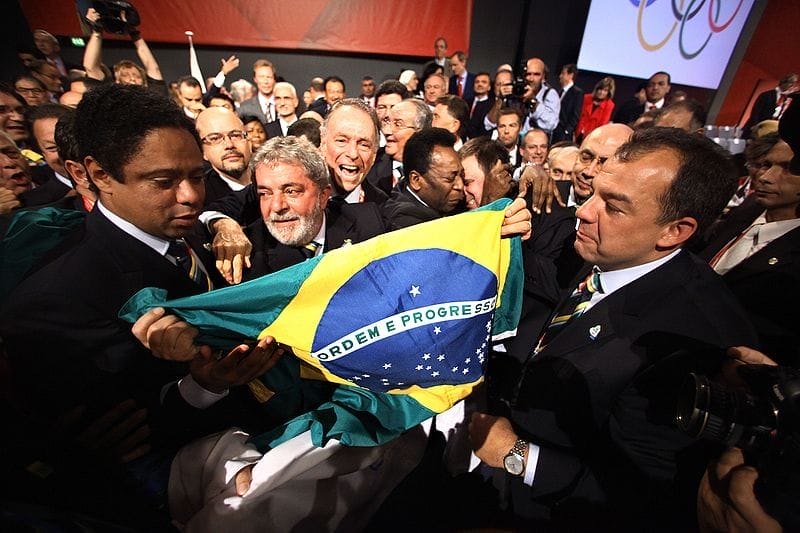The world is now used to seeing Brazil on the front pages of the most prestigious business newspapers and magazines in the world: Financial Times, Wall Street Journal, The Economist, you name it.
Not too long ago, this was more uncommon. Brazil would appear in the travel or sports sections, but it would seldom make the business headlines. We most frequently associated Brazil with the spectacular Carnival in Rio, with the “soccer art” of Pelé or Ronaldo, or with caipirinhas (its national drink).
What has changed since then? Well, Carnival in Rio continues to be spectacular. Brazil’s national soccer team is still the only one to have won the FIFA World Cup five times. And now we not only have caipirinhas by the beach in Brazil, but also in the fanciest bars worldwide.
What is making those business headlines, however, is the global expansion of a number of Brazilian companies and the solid economic growth Brazil has been experiencing recently. When I wrote the case of Gerdau (a Brazilian steel company) ten years ago, I had to include a preamble, quoting The Economist, which said: “Name some Brazilian multinationals. Even harder than famous Belgians, isn’t it?”
We now have a decent number of Brazilian multinationals, including: Embraer (the world’s third-largest aircraft manufacturer), JBS Friboi (the world’s largest company in the processing of animal protein), Vale (the world’s largest producer of iron ore) and Petrobras, which has just raised $70 billion in the world’s biggest share offering. Recently, a group of Brazilian entrepreneurs (the same group behind AB Inbev) also bought Burger King. Here in Pennsylvania, Braskem (its CEO, Bernardo Gradin, by the way, is a Wharton grad), a leader in petrochemicals and a pioneer in bioplastics, recently acquired Sunoco Chemicals.
I believe the world will continue to see the global expansion of these (and many other) Brazilian companies, notably as long as the Real remains appreciated.
Nonetheless, as I watch the euphoria in some sectors in Brazil, the astounding popularity of President Lula and the high levels of confidence that Brazil has finally found its place in the world, Carnival, caipirinhas and soccer come back to my mind.
As anyone who enjoyed Carnival knows, when fueled by the magic of samba and caipirinhas, one can easily forget that Carnival is a very special moment that only lasts for a few days—and then life goes back to normal. I am not suggesting here that all the socioeconomic progress Brazil experienced recently will be as ephemeral as a Carnival love affair.
But I think that Brazilians should remember to be very sober, and to avoid the temptation of overconfidence and the illusion that Brazil is already a developed country. Certainly substantial reforms are necessary if Brazil wants to keep its momentum.
As soccer aficionados say, winning some important matches doesn’t mean winning the championship.
Are the surprising results of the early-October presidential elections (leading to an unexpected second round at the end of October) a sign that Brazilians are ready for a serious debate about the future of the country of the future?

























